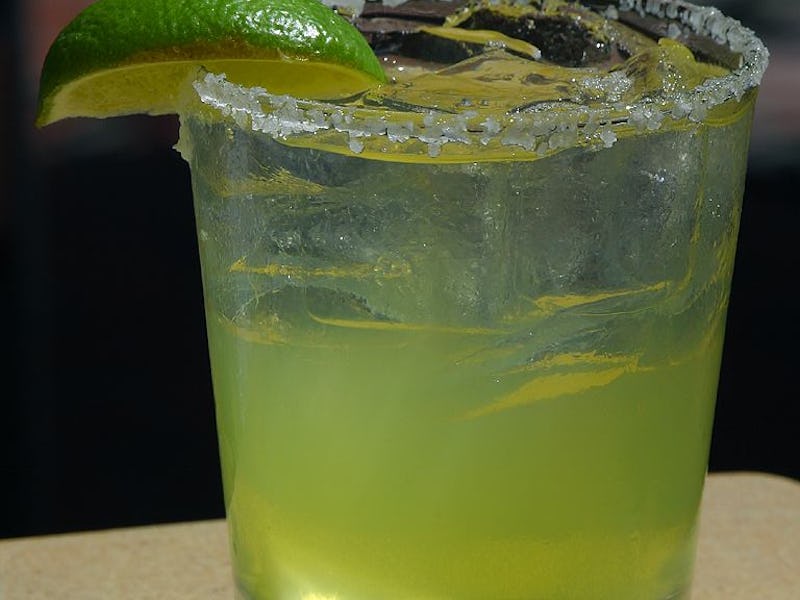There are many reasons to drink tequila. It’s a liquor with a storied history and its very molecular makeup offers key insights in the fight against climate change. Also, it’s delicious. But new research suggests that the Mexican liquor could help fight osteoporosis, as well.
A study originally published in the Spanish-language journal Investigación y Desarrollo found that the blue agave plant used to make tequila has substances capable of improving the body’s absorption of calcium and magnesium. Lead by Dr. Mercedes López of Mexico’s Center for Research and Advanced Studies, or Cinvestav, researchers found that not only did tequila consumption help maintain bone health, but the fructans found in agave could promote the formation of new bone, even in patients suffering from osteoporosis.
Agave grows in abundance in Mexico
To reach this conclusion, López administered agave fructans, which are non-digestible carbohydrates, to female mice with induced osteoporosis. She found that mice who ingested the fructans produced nearly 50 percent more osteocalcin than mice who did not. Not only that, but other studies from López conducted at the National Polytechnic Institute in Guanajuato, Mexico, found that the agave fructans stimulate the production of greater amounts incretins than fructans found elsewhere. Incretins are a group of gastrointestinal hormones that increase the amount of insulin released by the pancreas, meaning this could be beneficial to diabetics.
“Experimental studies suggest that fructans may be beneficial in diabetes, obesity, stimulating the immune system of the body, decreasing levels of disease-causing bacteria in the intestine, relieving constipation, and reducing the risk of colon cancer,” she said at the 239th National Meeting of the American Chemical Society.
There are more than 3 million cases of osteoporosis in the United States each year and roughly 200 million people worldwide. While more research needs to be conducted to confirm that the agave’s fructans could help with bone growth, luckily the plant grows in abundance in Mexico and López is eager to continue research.
“We still have a long way to go to determine for which health benefits agave fructans perform better than [other] fructans,” she said. ”However, the early results are encouraging, and we’re working on it.”
